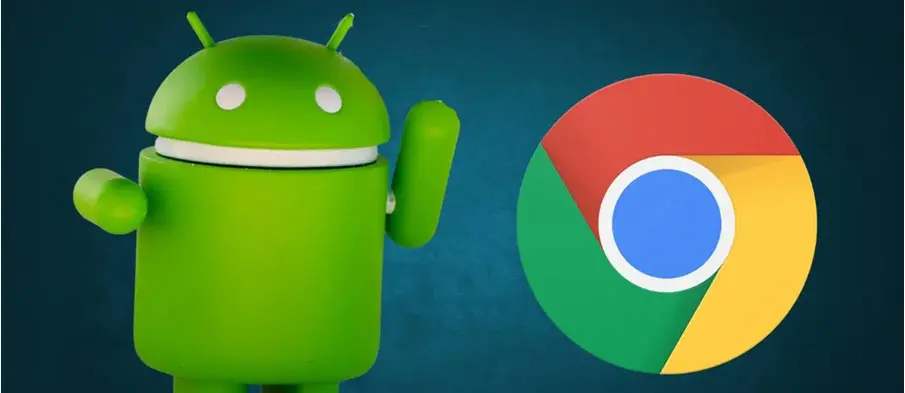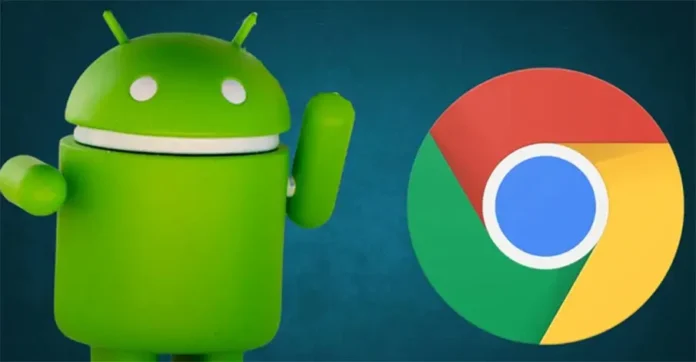
Google has officially confirmed it is working to merge Chrome OS into Android, a move that will unify its two operating systems into a single platform. The confirmation comes from Sameer Samat, President of Android Ecosystem, who stated that Chrome OS will no longer function as a separate operating system. Future Chromebooks, tablets, and other devices are expected to run a desktop-optimized version of Android, offering users a consistent experience across multiple form factors.
This change is a continuation of Google’s efforts to align its platforms. Chrome OS already uses the Linux kernel and other underlying technologies from Android. Now, Google is advancing this convergence by developing an Android-based system tailored for larger screens. The updated platform will support features like multi-window UI, Linux app compatibility, enhanced external display support, and browser extensions — combining the flexibility of Chrome OS with Android’s massive app ecosystem.
The strategy provides several advantages for Google. A unified platform means more efficient development, as engineers no longer need to build and maintain two separate operating systems. It also strengthens Android as a base for Google’s Gemini-powered AI tools across devices like laptops and foldables. Additionally, by integrating Chrome OS features into Android, Google hopes to improve its competitiveness in the tablet space, offering a more productivity-friendly alternative to iPads.
For users, the benefits could be significant:
- “Access to a single, seamless ecosystem across phones, tablets, and laptops.”
- “A fuller library of apps running consistently across all devices.”
Developers also stand to gain from this transition, with:
- “Fewer compatibility headaches and more uniform toolchains.”
- “Greater incentive to build for an expanded Android user base that now includes Chromebook users.”
However, some concerns remain. It’s uncertain how Chrome OS’s hallmark strengths — like its automatic updates and robust security — will carry over to Android-based devices. There’s also the question of whether Android can deliver a truly desktop-grade experience or if it will feel like a repurposed mobile UI.
Google is reportedly testing new desktop-oriented Android features, including Linux terminal access and advanced windowing tools. The company is even rumored to be developing a “Pixel Laptop” prototype running Android instead of Chrome OS. With Chromebook releases slowing in 2025, the stage seems set for a major transition in Google’s OS strategy.





